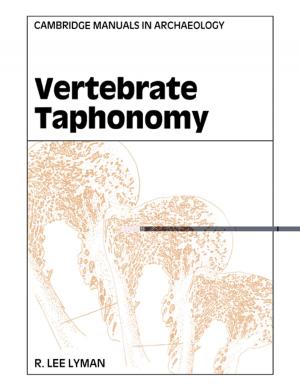A History of Afro-Hispanic Language
Five Centuries, Five Continents
Nonfiction, Reference & Language, Foreign Languages, African Languages, Language Arts, Reference| Author: | John M. Lipski | ISBN: | 9781139809917 |
| Publisher: | Cambridge University Press | Publication: | March 10, 2005 |
| Imprint: | Cambridge University Press | Language: | English |
| Author: | John M. Lipski |
| ISBN: | 9781139809917 |
| Publisher: | Cambridge University Press |
| Publication: | March 10, 2005 |
| Imprint: | Cambridge University Press |
| Language: | English |
The African slave trade, beginning in the fifteenth century, brought African languages into contact with Spanish and Portuguese, resulting in the Africans' gradual acquisition of these languages. In this 2004 book, John Lipski describes the major forms of Afro-Hispanic language found in the Iberian Peninsula and Latin America over the last 500 years. As well as discussing pronunciation, morphology and syntax, he separates legitimate forms of Afro-Hispanic expression from those that result from racist stereotyping, to assess how contact with the African diaspora has had a permanent impact on contemporary Spanish. A principal issue is the possibility that Spanish, in contact with speakers of African languages, may have creolized and restructured - in the Caribbean and perhaps elsewhere - permanently affecting regional and social varieties of Spanish today. The book is accompanied by the largest known anthology of primary Afro-Hispanic texts from Iberia, Latin America, and former Afro-Hispanic contacts in Africa and Asia.
The African slave trade, beginning in the fifteenth century, brought African languages into contact with Spanish and Portuguese, resulting in the Africans' gradual acquisition of these languages. In this 2004 book, John Lipski describes the major forms of Afro-Hispanic language found in the Iberian Peninsula and Latin America over the last 500 years. As well as discussing pronunciation, morphology and syntax, he separates legitimate forms of Afro-Hispanic expression from those that result from racist stereotyping, to assess how contact with the African diaspora has had a permanent impact on contemporary Spanish. A principal issue is the possibility that Spanish, in contact with speakers of African languages, may have creolized and restructured - in the Caribbean and perhaps elsewhere - permanently affecting regional and social varieties of Spanish today. The book is accompanied by the largest known anthology of primary Afro-Hispanic texts from Iberia, Latin America, and former Afro-Hispanic contacts in Africa and Asia.















